A rising tide of discontent among Uganda’s Generation Z has culminated in plans for mass protests aimed at removing long-time President Yoweri Museveni from power.
Organizers have called for peaceful demonstrations across major cities, marking an unprecedented political mobilization by the country’s youth.
The movement, fueled by economic hardships, high unemployment rates, and allegations of corruption, has gained momentum through social media platforms.
Activists claim that Museveni’s administration has failed to address the needs of the younger population, who make up a significant portion of Uganda’s demographic.
“We are the future, and our voices must be heard,” stated a leading Gen Z organizer. “We are demanding a leadership that is accountable, transparent, and responsive to our challenges.”
Economic challenges are at the heart of the unrest. With youth unemployment rates soaring, many young Ugandans find themselves without opportunities or prospects.
The frustration is palpable, as the promise of economic growth and development has not translated into tangible benefits for this generation.
Coupled with allegations of rampant corruption within the government, the sense of betrayal and disillusionment has driven many to the streets.
The role of social media in mobilizing and organizing these protests cannot be understated. Platforms like Twitter, Facebook, and Instagram have been instrumental in spreading awareness, coordinating activities, and galvanizing support both within Uganda and among the international community.
The digital landscape has provided a powerful tool for youth activists, allowing them to bypass traditional media outlets that are often seen as biased or controlled by the state.
In response to the planned protests, the government has deployed security forces in key areas, raising concerns about potential clashes.
Human rights organizations have urged both sides to avoid violence, emphasizing the importance of dialogue.
President Museveni, who has been in power since 1986, faces growing pressure from both domestic and international communities.
The upcoming protests signal a critical juncture in Uganda’s political landscape, highlighting the generational divide and the urgent need for reform.
The youth-led movement is not merely a call for a change in leadership but a demand for a complete overhaul of the political system to ensure that it is more inclusive, transparent, and responsive to the needs of all citizens.
The resilience and determination of Uganda’s youth remain at the forefront, potentially reshaping the nation’s future political direction.
The protests represent more than just a moment of unrest; they signify a deep-seated desire for a better future, one that promises hope, opportunity, and justice for all Ugandans.
The unfolding events in Uganda could very well serve as a bellwether for broader changes across the African continent, as young people everywhere increasingly demand a seat at the table and a voice in their future.
The actions of both the government and the protesters will be closely watched.
The path Uganda chooses to take could set a precedent for other nations grappling with similar issues.
The world waits to see if Uganda will embrace the winds of change or resist them, but one thing is clear: the youth of Uganda are determined to make their voices heard and their impact felt.


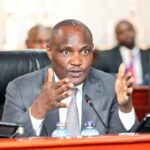




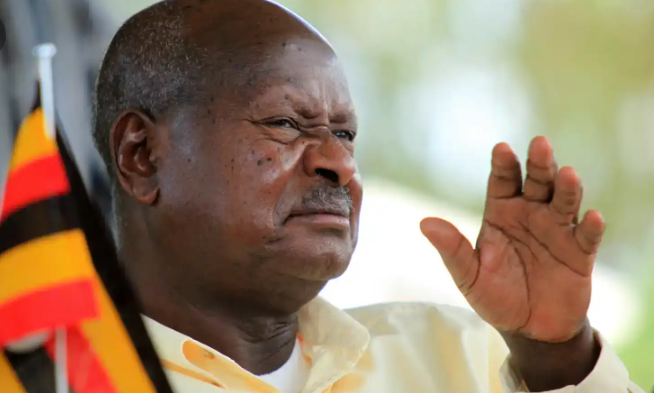

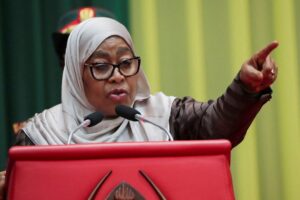
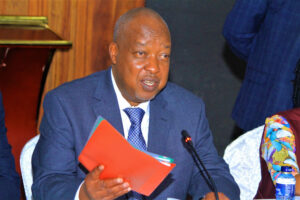

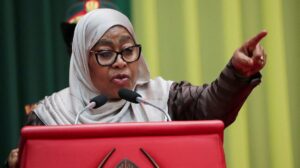
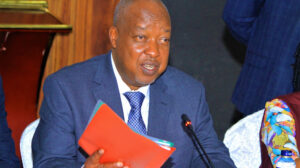

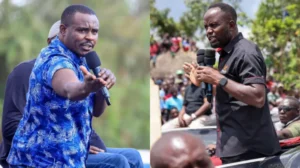

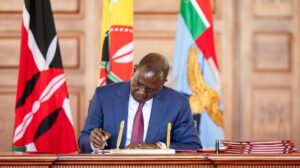


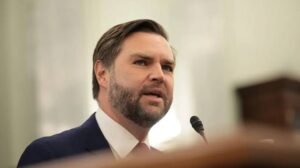
Add Comment